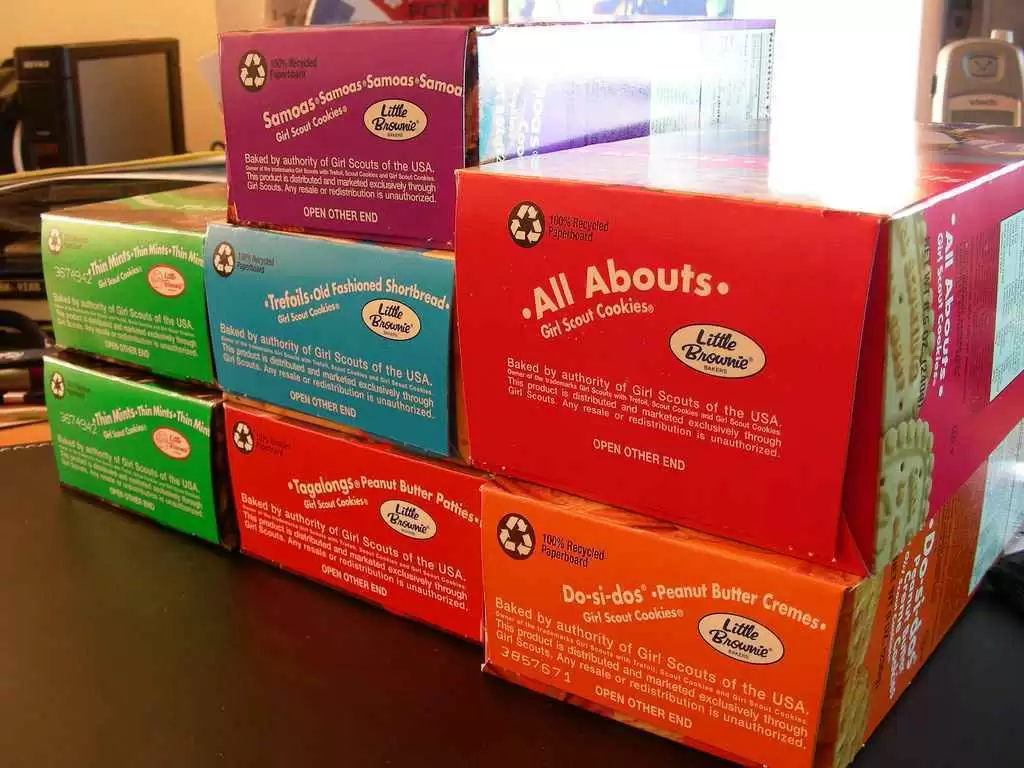Celiac.com 07/11/2016 - People with celiac disease know that going gluten free isn't a choice—it is a health necessity. It is also a human rights issue. Food and nutrition should be seen as a citizen's human and social right. People who fail to be attentive to the health needs of people with celiac disease may be violating their rights. Like many rights issues, people may not realize they've violated someone's rights by doing, or not doing, something. But when you are the one whose rights have been violated, you know. The violation is serious for you, even when others may be oblivious to the larger context of the violation. Thinking about being gluten-free in this context may be different from the way most people view celiac disease. But it is a point of view that is well worth considering.
When you've got celiac disease and people aren't attentive to making sure you can eat gluten-free foods that are safely prepared and not contaminated, you can end up very sick in the short-run. The short-term effects may include symptoms such as gastrointestinal upset, migraines, fuzzy brain, sweats, and general malaise. As a fundamental right, what one eats should ensure people's access to a healthy, dignified and full life. People who have been "glutened" do not feel dignified as they writhe in pain, wrestle with fears of embarrassment, or modify their lifestyle and social schedules to accommodate the illness. In the long-run, if someone is continually exposed to gluten in foods, a variety of serious preventable health conditions may result. Unlike a peanut allergy that can directly kill you, exposure to gluten may result in morbidity and early mortality for people in an indirect fashion. Adhering to a gluten-free diet is of paramount importance to avoid health problems such as compromising one's weight and pubertal development, fertility, bone mineral density, and deficiencies of micro and macronutrients, not to mention the increased risk of developing malignancies, especially in the gastrointestinal system. Because the health effects of ingesting gluten for someone with celiac disease are less visible to those who don't experience them, they have been easier to ignore. Thanks to vocal advocates who now know that going gluten-free can save their lives, it is obvious that the lack of attention to making sure people can eat safely is a violation of their rights.
Celiac.com Sponsor (A12):
Let's put the issue of gluten into a larger rights context. The United Nations Declaration of Human Rights (UDHR) was adopted in 1948 after World War II and it is the first global document that codified rights to which all human beings are inherently entitled. It contains a wide range of rights and is regarded as the foundation upon which other rights documents have been built. Its Article 25 states that "Everyone has the right to a standard of living adequate for the health and well-being of himself and of his family, including food, clothing, housing and medical care and necessary social services, and the right to security in the event of unemployment, sickness, disability, widowhood, old age or other lack of livelihood in circumstances beyond his control" (Open Original Shared Link). The right to health and well-being are directly linked to food. Conditions like celiac disease, which are genetic in nature, are thus beyond one's control and necessary to be addressed through appropriate care and management.
In another rights treaty document that pertains directly to the rights of children and youth, the UN Convention on the Rights of the Child (UNCRC) addresses in Article 3 that "In all actions concerning children….the best interests of the child shall be a primary consideration", that individuals responsible for them are required to ensure that they receive the services and protections they need, particularly in the areas of safety (and) health…". Article 24 "recognizes the right of the child to the enjoyment of the highest attainable standard of health and to facilities for the treatment of illness and rehabilitation of health. States Parties shall strive to ensure that no child is deprived of his or her right of access to such health care services". It goes on to emphasize the importance of disease prevention and primary health care "through the provision of adequate nutritious foods" (Open Original Shared Link). This implies that nutritious foods are linked with disease prevention and well-being, and making sure children (and adults) get the proper foods is in their best interests. If a child has celiac disease and the responsible adults are inattentive to making sure they can eat safely, they are in fact violating the child's rights. There are, then, international treaties that link food and nutrition directly with human rights.
Juliana Nadal at the Department of Nutrition, Food Quality and Nutrition at the Federal University of Parana in Brazil reviews in her journal article, "The principle of human right to adequate food and celiac disease" (Demetra; 2013; 8(3); 411-423), a variety of ways that people who have celiac disease have their rights violated. Because celiac disease can be considered the most common food intolerance in the world, it is one that both individuals and social structures need to address as a mainstream issue. From how laws and consumer protections are designed at the macro level, to how food is made available and prepared at the micro level, rights of people with celiac disease hang in limbo. Some places and people are very attentive to their rights protections while others are not. Nadal contextualizes food and nutrition insecurity that afflicts individuals with celiac disease with specific regard to the principle of the Human Right to Adequate Food (HRAF).
Diet is the single most secure treatment form for people with celiac disease. Managing one's diet enables one to control the magnitude of the disease. Laws, standards, practices and policies are necessary to secure HRAF for people with celiac disease. It is therefore important that the public be educated regarding this. By protecting individual fundamental human right to food availability in both quantity and quality, it reflects the value of society to protect the welfare of this group of people. Ultimately, rights protections promote and improve the health of the entire population.
Rights violations may also be seen through the limited availability of products intended for celiac individuals in the market. Whether looking at gluten-free food as a local, state, regional, national or global issue, there are certain countries and areas that do not have access to the same quantity and variety of gluten-free foods as in other areas. Online shopping may make it easier for some people to access foods they need, but this option is not necessarily available to everyone. If foods essential for good diets are not accessible, this forces people to make dietary compromises that may not be in their best interest.
Another area of rights violations for people who have to go gluten-free is the high cost of products. Simply put, gluten-free foods tend to cost more than other foods. People who have celiac disease have to use more of their scarce dollars to pay for food. This means there is less money available to pay for other necessities. Because gluten-free foods tend to be more expensive, this creates a social class barrier, especially for poor people or financially-strapped people with celiac disease. Poorer people will have their right to safe nutrition compromised because they can't afford the same foods as more affluent people who have celiac disease.
The issue of gluten contamination contributes to a constant situation of food and nutritional insecurity to holders of this special dietary need. The celiac diet must be completely gluten-free, which allows people to have a life relatively free of major pathological complications. Maintaining a totally gluten-free diet is not an easy task because the violation of the diet may occur voluntarily or involuntarily, and range from incorrect information on food labels to the gluten contamination of processed products. Difficulties in the availability and access to food without gluten violates the principle of the human right to adequate food. The condition of being a celiac individual exposes one to permanent food and nutrition insecurity, which could cause loss of quality of life, socialization, and health of the individual, both in the short and long term.
The problematic situation of food and nutritional insecurity that afflicts individuals with celiac disease can productively be addressed with regard to the principle of the human right to adequate food (HRAF) from the perspective of Food and Nutrition Security (FNS). It is important to know and recognize the real need of the people who live in some way under threat of food insecurity, how it impacts their health and lifestyle. Constructing, implementing and improving health policies in order to meet their needs is imperative to provide access to adequate food of nutritional quality. and to ensure that food, biological, social and cultural needs are achieved.
By understanding food as a basic human right, it is easy to understand that the absence of safe foods that address the needs of celiac individuals represents a concrete case of a group of people who often may have their rights to adequate nutrition violated. As a result, many live in a state of food and nutrition insecurity. Food must be viewed as a constitutional right of all citizens, including those with special needs which require a special diet.




.webp.9310802f811c3879cdd1ac0fd653102d.webp)










Recommended Comments